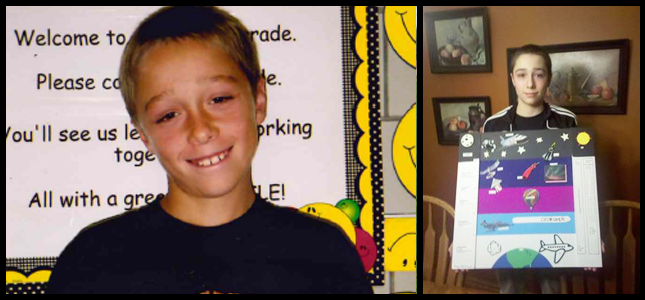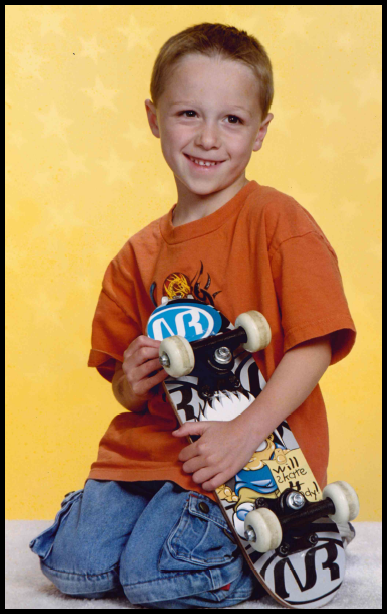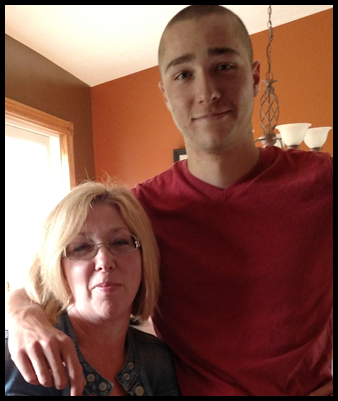Shortly before entering Kindergarten, Cody had developed seizures that seriously impacted his learning. Cody’s lack of memory, difficulty with processing, delay with expressive language (getting his thoughts out in words) and receptive language (understanding and processing what was being spoken to him), trouble with fine motor and gross motor skills, and having little to no academic expectations at school were all impeding his ability to learn to read.
Much of what I have learned about cognitive processing and ‘growing the brain’ are a result of my work with Cody. This information has been embedded into the instruction in the EBLI system that is taught to teachers and students. Cody has, by far, been the student that has most enhanced my own learning about teaching and how the brain learns. In turn, he has subsequently impacted thousands of students and teachers. He will forever hold a special place in my heart and I look forward to whistling and shouting at his high school graduation in the near future!
LouCyndra, Cody’s mom, is now the Training Coordinator at EBLI and is an invaluable part of the EBLI team. Cody is a Junior in high school. Watch their video below to hear what they have to say about their experience. After the videotaping, LouCyndra and I were interviewed about Cody and his time at OOPRC; see our answers below!





